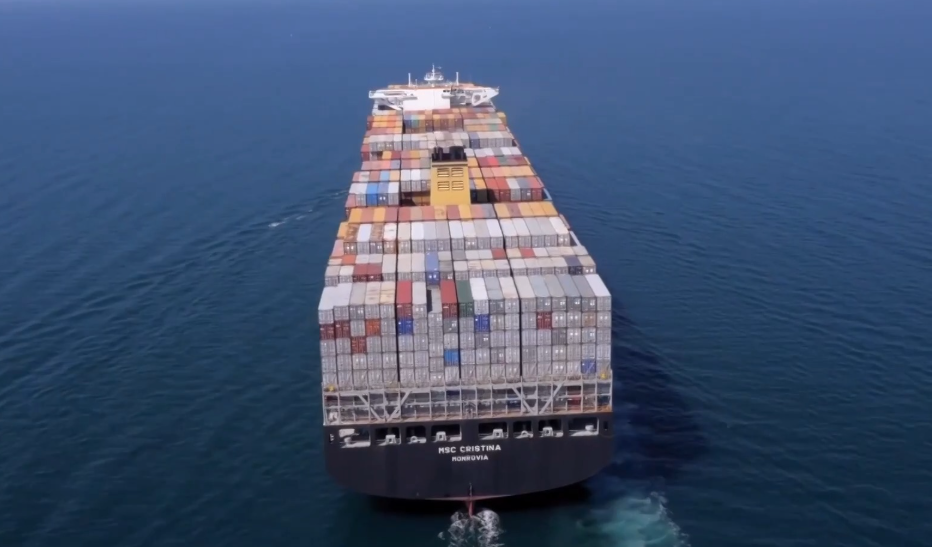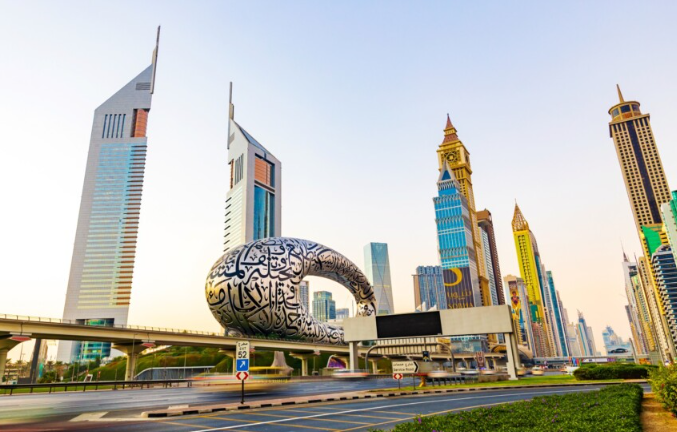As a pivotal trade hub in the Middle East, Dubai maintains close trade relations with China. The types of goods shipped cater not only to local demand in Dubai but also leverage its role in re-exporting to markets across the Middle East and Africa.

Electronics and smart devices are major exports. Chinese smartphones, laptops, and other 3C products hold a significant market share in Dubai, with brands like Huawei and Xiaomi using Dubai as a gateway to expand their Middle East operations. Smart home accessories, such as smart cameras and sensors, are experiencing surging demand driven by Dubai's smart city initiatives. New energy equipment is another standout sector. Photovoltaic modules from LONGi and Jinko Solar, alongside energy storage systems from CATL and BYD, are widely used in Dubai's solar power plants and projects like NEOM, forming a new engine for growth.
Industrial and infrastructure materials underpin Dubai's development. Within building materials, Chinese tiles and sanitary ceramics account for over 80% of Dubai's market share, with annual steel exports exceeding 5 million metric tons, used in skyscrapers like the Burj Khalifa and various infrastructure projects. Machinery like Sany's excavators and concrete equipment, alongside BYD's new energy vehicles, align with Dubai's infrastructure and transportation upgrade needs. China's automotive exports to Dubai saw a year-on-year increase of over 100% in 2024.
Consumer goods enrich the Dubai market. In textiles, fast-fashion brands like Shein are penetrating the market via cross-border e-commerce, with cosmetics sales peaking during Ramadan. For home goods, furniture and lighting fixtures are shipped in bulk via sea freight, while smart small appliances like robot vacuum cleaners are seeing rising demand, partly driven by the "Green Family" initiative. Regarding foodstuffs, dried goods from Ningxia and teas arrive via cold-chain air freight. Medical devices like ventilators and traditional Chinese medicines also maintain a steady supply to the local healthcare system.
These goods are transported via methods suited to their nature: high-value electronics often by air freight (3-5 days port arrival), and bulk building materials/furniture by sea freight (18-25 days). Shipments must comply with Dubai's requirements like GCC certification and Halal certificates, facilitating the continued deepening of China-UAE trade.


